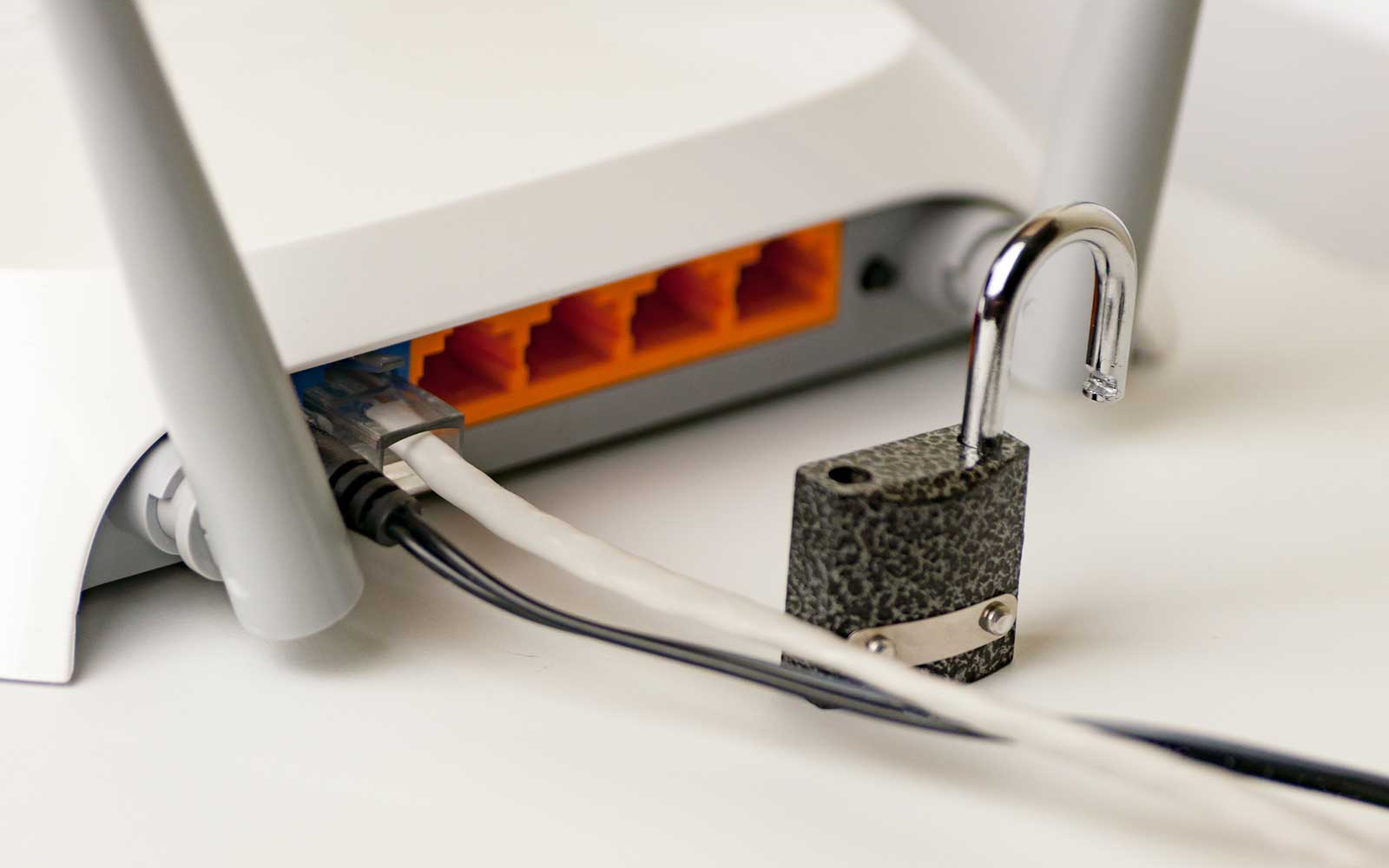Signal, the messaging app known for its unwavering commitment to privacy and security, is set to launch a new feature in its upcoming 7.0 version: usernames. This seemingly simple addition has actually required a significant overhaul of the app’s architecture, as explained by Signal’s president, Meredith Whittaker.
Key Takeaway
Signal’s decision to introduce usernames is a strategic move to address the growing privacy concerns associated with the use of phone numbers as identifiers, especially in regions where obtaining a phone number requires extensive personal information.
Addressing Privacy Concerns
Whittaker highlighted the increasing trend in various jurisdictions, such as India, where obtaining a SIM card now requires submitting to biometric facial recognition scans. This growing requirement for more personal information to obtain a phone number has raised concerns about privacy and security, particularly for individuals in conflict zones and human rights workers.
Turning the Architecture Inside Out
Whittaker emphasized that the decision to add usernames prompted Signal to reevaluate its architecture to ensure that the new feature would not compromise the app’s usability or security. The challenge was to implement usernames without imposing new moderation obligations on the platform.
Balancing Privacy and Safety
Signal’s approach to usernames focuses on minimizing potential harm at scale, rather than attempting to prevent it entirely. The introduction of usernames allows users to maintain their privacy by replacing their phone numbers with unique usernames when initiating contact, without exposing themselves to the risks associated with traditional usernames on other platforms.
Claiming Usernames
The new username feature will be available in the Signal 7.0 client, with beta users already having the option to claim their usernames. This significant update underscores Signal’s ongoing commitment to providing a secure and private messaging experience for its users.

























